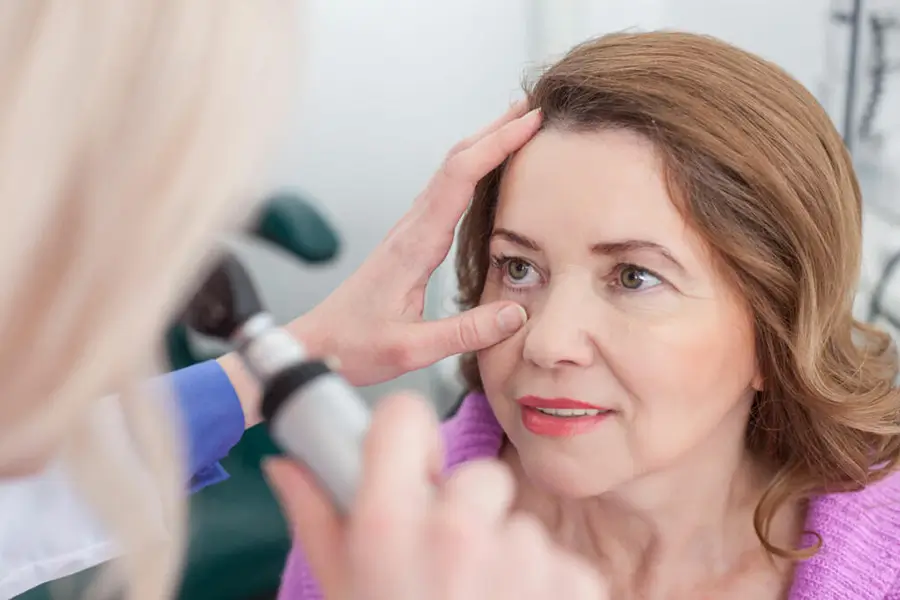Home » How Does Aging Affect the Eyes?
As we age, our bodies undergo various changes, and our eyes are no exception. Many natural transformations can affect our vision and overall eye health as we grow older. People often ask us about the impact of aging on the eyes, common age-related eye conditions, and how to maintain good eye health throughout the aging process.

As we age, several changes can occur in the structure and function of our eyes, potentially affecting our vision. Some of these age-related changes include:
In addition to the natural changes mentioned above, several eye conditions are more likely to develop as we age. Some of the most common age-related eye conditions include:
While some age-related changes to our eyes are unavoidable, there are steps we can take to maintain good eye health and reduce the risk of developing eye conditions. Some of these steps include:
Aging brings about various changes in our eyes, some of which are unavoidable. However, by understanding these changes and taking proactive steps to maintain good eye health, we can minimize the impact of age-related eye conditions and preserve our vision as we grow older.
At Tennessee Eye Care, we understand the importance of expert eye care for individuals who are living and working in East Tennessee. Our team of experienced professionals is dedicated to providing comprehensive eye exams, ensuring that our patients are well-informed, comfortable, and receive up-to-date expert care. Reach out to us today to schedule your eye exam and take the first step toward maintaining good eye health as you age.